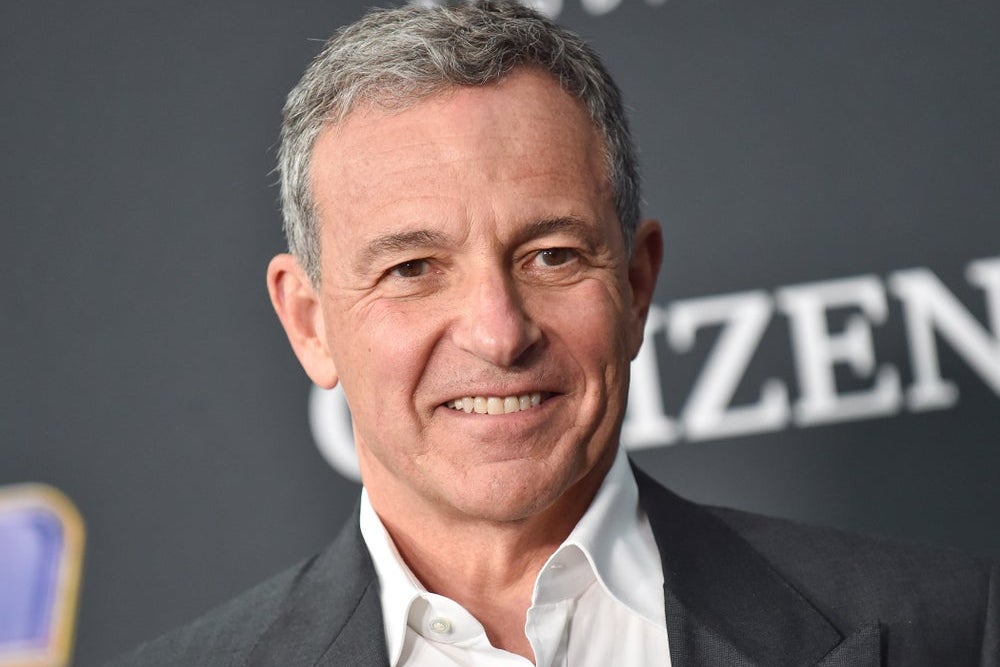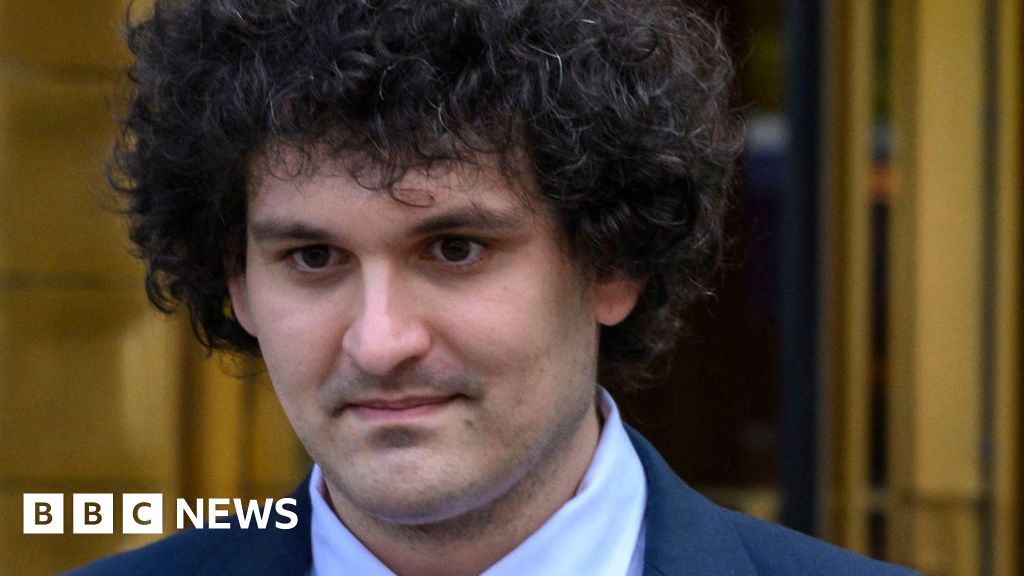The Olympic Rings are shown in Tokyo, where the games are scheduled to be held this summer.
Carl Court/Getty Images
Stocks had their worst day in months on Monday, as the latest Covid-19 concerns hit a wall of existing investor angst about inflation, the Federal Reserve’s next move, and an earnings season with a high bar to meet. As for Covid, after a springtime reprieve from the pandemic in the U.S., cases are rising again and grim data points from around the world are shaking investors’ faith in a global recovery.
All together, the compounding concerns tipped stock markets into a sharp selloff on Monday and sent investors fleeing to bonds.
The
closed down 725 points, or 2.1%—its worst day since October. The
dropped 1.6% and the
fell 1.1%. The yield on the 10-year U.S. Treasury note dipped below 1.2%, its lowest level since February. And oil and other commodities sold off too.
Over the weekend, news of positive tests of Olympic athletes, who have now gathered in Tokyo for the games set to begin there at the end of the week, raised concerns about the advisability of the entire event. And on Monday, the American Academy of Pediatrics recommended that all students and staff at schools wear masks regardless of their vaccination status. That’s a harsher standard than the Centers for Disease Control and Prevention offered last week, which exempted vaccinated students and teachers from masking.
Meanwhile, new cases of the virus are up 34% globally over the past two weeks, according to the New York Times. In the U.S., the number of new daily cases remains low, relative to other points in the pandemic, but is up 140% over the past two weeks.
More reading
“The summer COVID wave is gaining speed as the country seems to have forgotten we’re still in the midst of a pandemic,” Evercore ISI analyst Josh Schimmer wrote in a note out on Sunday.
A fresh surge in Covid cases is a concern for the market as far as it impacts the economic recovery underway, or extends the supply chain disruptions and pandemic-related bottlenecks hitting companies both large and small. All 11 sectors of the S&P 500 closed in the red on Monday, with the pain concentrated in the most cyclical pockets of the market. S&P 500 energy stocks finished down 3.6%, while financials and industrials lost 2.8% and 2.1%, respectively. Defensive consumer staples closed down 0.3% and growth-oriented tech fell 1.3%, among the best-off groups in the index on Monday.
Investors also sought safety in government bonds on Monday, sending their yields lower as prices rose. The yield on the 10-year U.S. Treasury note dipped well below 1.2%, down about 0.12 percentage point. It had been around 1.75% as recently as in late March.
Oil prices tanked on Monday, given the Covid-related recovery concerns and an agreement among oil-producing countries over the weekend to increase monthly output starting in August. Futures tied to WTI crude settled down about 7.5%, at $66.42 a barrel. That was their largest one-day drop in over a year, and wipes out all of oil’s gains since May.
Speaking on CBS’s Face the Nation on Sunday, former U.S. Food and Drug Administration commissioner
Dr. Scott Gottlieb,
who now serves on the board of
(ticker: PFE), said that the current wave of the virus is likely far worse in the U.S. than the numbers show.
“I think at this point, we’re probably undercounting how many infections are in the United States right now, because to the extent that a lot of the infections are occurring in younger and healthier people who might be getting mild illness, they’re …probably not presenting to get tested,” Gottlieb said. “To the extent that there are some breakthrough cases either asymptomatic or mildly symptomatic cases and those who have been vaccinated, they’re not presenting to get tested because if you’ve been vaccinated, you don’t think that you have the coronavirus, even if you develop a mild illness.”
The current surge in cases in the U.S. is driven by the spread of the Delta variant, a highly contagious new form of the virus. The Centers for Disease Control and Prevention estimates that the Delta variant accounted for nearly 60% of infections in the U.S. in the two weeks ending July 3.
Speaking at the White House on Friday, CDC director
Dr. Rochelle Walensky
said that the number of new cases per day was up 70% in just a week. Hospitalization and death rates were also climbing, though not as fast.
“We are seeing outbreaks of cases in parts of the country that have low vaccination coverage because unvaccinated people are at risk,” Walensky said. “And communities that are fully vaccinated are generally faring well.”
Meanwhile, athletes from all over the world are gathering in Tokyo for the Olympic Games, with the opening ceremony scheduled for Friday. Over the weekend, American tennis player Coco Gauff announced that she had tested positive for Covid-19, and would not play in the Olympic Games. On Sunday, two South African soccer players tested positive, as did six British track and field athletes.
The Games are increasingly unpopular in Japan. On Monday,
(TM) said it would not air any commercials related to the Olympics, and that its executives would not attend the opening ceremonies, according to Reuters.
Meanwhile, England lifted Covid-19 restrictions on Monday, even as cases there are rising quickly. The U.K.’s prime minister,
Boris Johnson,
was forced to self-isolate after a minister tested positive for Covid-19.
At the White House briefing on Friday, the CDC’s Walensky said that restrictions across the U.S. should depend on the local situation.
“If you have areas of low vaccination and high case rates, then I would say local policy makers might consider whether masking at that point would be something that would be helpful for their community until they scale up their vaccination rates because more people than not in the community are unvaccinated,” Walenksy said.
Write to Josh Nathan-Kazis at josh.nathan-kazis@barrons.com





